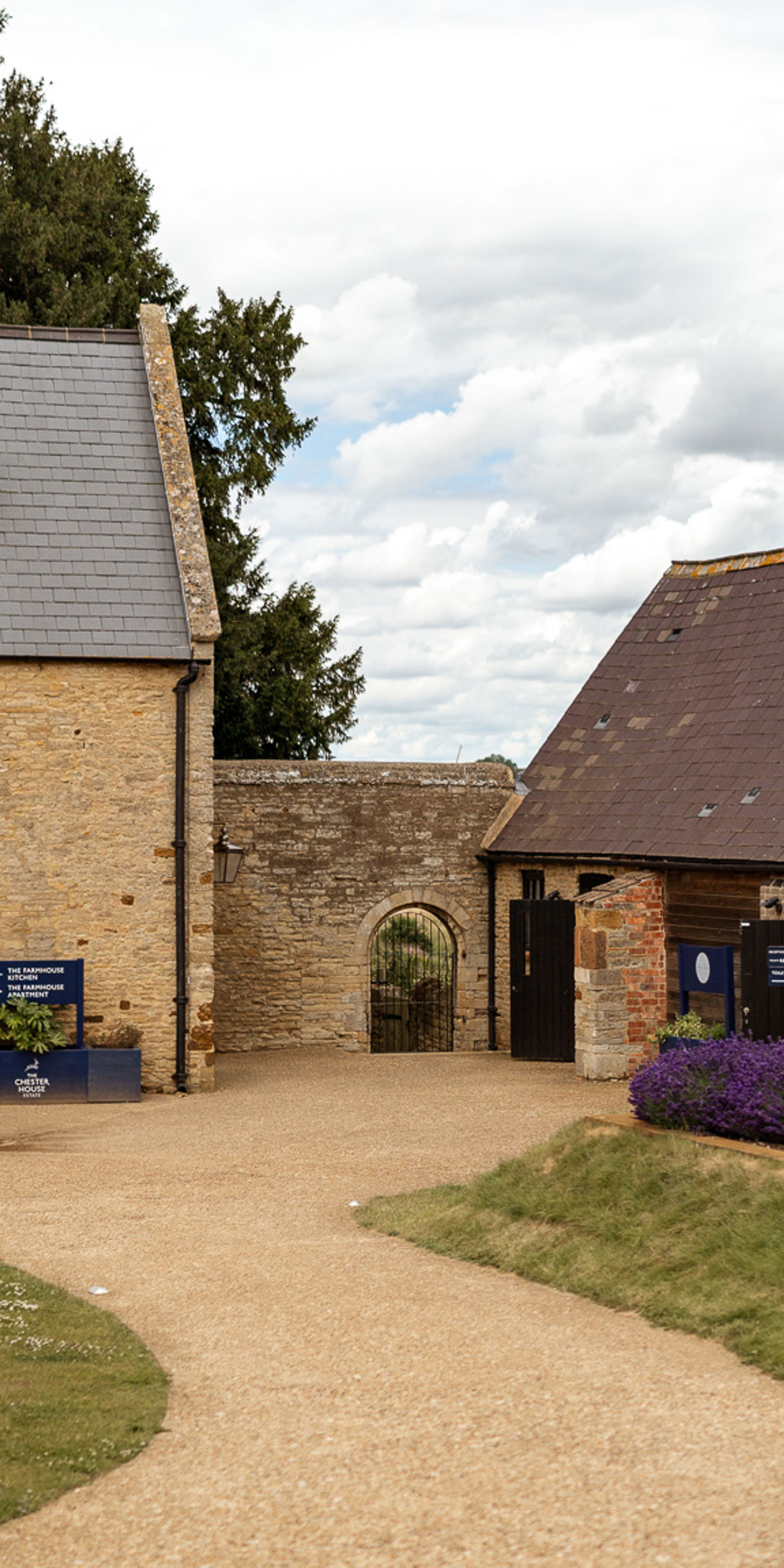History Timeline
-
-
Palaeolithic
A period of extreme weather with the seasonal meltwater gouging valleys into the countryside. Limited human activity, but at Chester Farm flint tools have been found and animal bones of mammoth and woolly rhino.
-
Mesolithic
(10,000 – 4,000 BC)
The last Ice Age left a wide flood plain criss-crossed by easily fordable shallow water courses. Attractive to both birds and fish, and also to the ‘hunter gatherers’ who followed the food supply across the countryside. Numerous small flints from the period.
-
Neolithic/Bronze Age
(4,000 – 800 BC)
Bronze Age burial found just 500m to west of site. Analysis of pollen found during excavation shows a domination of lime trees, still found at Chester Farm today.
-
Iron Age
(800 BC – 43 AD)
People lived in small family farms, comprising round houses within a square ditched enclosure. One was excavated in the area now occupied by the neighbouring warehouses and two are known to survive under the ground at Chester Farm.
-
Roman
The shallow crossing point of the Nene here was vital to the conquering Romans and as the thriving and important route developed, so did the town. This period is the first time that any settlement that could be called a town existed in Britain.
-
Saxon
Misleadingly called the ‘Dark Ages’ it is a period for which archaeological evidence is often very slight. Saxon pottery has been found and evidence of buildings nearby.
-
Medieval
By the 13th century a small hamlet called Chester on the Water or sometimes Chester by the Water existed, first documentary evidence occurs in 1236. The population by 1309 is described as 24 villains, tenants and cottars.
-
17th and 18th Century
Chester Farm was acquired from the Crown in 1616 by Thomas Ekins. An inventory of 1662 describes a reasonably substantial home with hall, parlour, a room next to the parlour, kitchen and buttery on the ground floor, all with chambers over them, together with a wash-house and dairy-house.
-
19th Century
Cart barns and limestone walls that surround the property built. An orchard planted and primitive archaeological excavations undertaken. River Nene was navigable by goods vessels called lighters, and two railway lines passed close by, one Northampton to Peterborough the other Leicester to London.
-
Ironstone Quarrying
Ironstone dug to the east of Chester Farm in the 1870s and again in the 1920s. Extraction was by hand digging, in a method called ‘barrow and plank’. The wagons of ore crossed the site and the embankment of the light railway can clearly be seen.
-
Modern Farm
The current farm buildings are what remains of a mixed farm used for cattle and cereals. Land was sold for gravel extraction and for the nearby industrial estate reducing its viability. Some temporary structures will be removed to make way for the Archaeological Archive Resource Centre.
-
2004
Northamptonshire County Council buy the 84 acre Chester Farm. It is due to the extraordinarily rich and shallow archaeology that this is a failed farm.
-
2010
Chester Farm severely damaged by fire, Chester House was gutted internally. Although the fire was a disaster, it did give the team a previously impossible opportunity to analyse the building’s fabric.
-
2012
Round 1 application to the Heritage Lottery Fund (HLF) for the restoration of Chester Farm was approved. The HLF process is over two stages – Round 1 is about the vision for the site; Round 2 is the far more detailed ‘how will it be achieved’.
-
2014
Round 2 application to the Heritage Lottery Fund approved – November 2014 Landscaping work begins at Chester Farm led by site manager Andy Russell. Brush and nettles are cleared together with decades of accumulated farm junk.
-
July 2016
Planning Permission granted by Wellingborough Borough Council for the restoration works.
-
June 2019
Shaylor Group (our previous contractor) fell into administration and building work stopped.
-
December 2020
Powells (new building contractor) starts on site, under the guidance of new Business Manager Jack Pishhorn.
-
January 2021
We said goodbye to the name ‘Chester Farm’ and created a new brand along with a business plan for The Chester House Estate.
-
October 2021
We opened our doors to the public for the first time!
-


